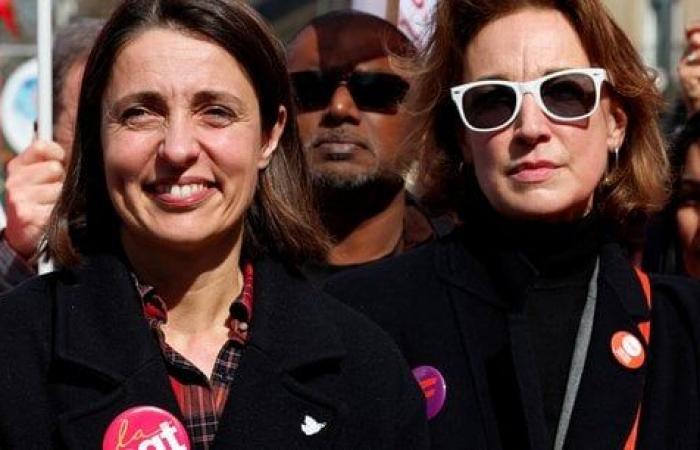When they chose the date of Thursday, December 5 for their united strike, the unions were far from imagining the political situation in the country. The government now finds itself faced with two motions of censure, carried by the New Popular Front and the National Rally, debated this Wednesday.
Motion of censure: a coup de grace for real estate
In recent days, however, union leaders have chosen to maintain their social movement. The stated objective is to alert public opinion about the state of public services: schools, universities, hospitals, etc. The challenge is to distance ourselves from politics, and to show that social actors do not have the same agenda. Still. This united strike takes place in a particular context.
Disruptions to be expected
The movement promises to be well followed among teachers. The FSU-SNUipp union anticipates 65% of strikers at elementary schools. In middle and high schools, one in two teachers should be absent.
Furthermore, many services risk slowing down in communities and administrations. Finally, many flights will be canceled, according to the DGAC, the Directorate General of Civil Aviation. Traffic in Parisian airports therefore promises to be significantly disrupted, just like in Marseille where one in two flights can be expected, or even Toulouse, where 20% of flights will be canceled.
Maintain the pressure
Public service unions have maintained their movement despite political instability. They know that the measures included in the draft budgetary texts – PLFSS and PLF – which they are fighting risk being forgotten. The plan to align public service waiting days in the context of work stoppages with the private sector system will no longer be relevant. Ditto for the 4,000 positions that Michel Barnier had planned to eliminate in National Education. The central parties believe that it is their duty to maintain pressure on the political class.
« Because we will change ministers but the civil service bashing will continue, and so will the reduction in allocations for public services.i,” explains a member of the CFDT.
Rise in unemployment
At the same time, all the centers say they are very concerned by the factory closures and the social plans which are multiplying in industry, commerce and even construction. In total, theThe CGT counts nearly 250 layoff plans in France. In this context, Sophie Binet called for a national day of action for employment on December 12. She is still calling for a moratorium on layoffs.
Sophie Binet: “We are at the start of a violent industrial bloodletting”
For its part, the CFDT has already noted more than 20,000 job cuts. And again, according to Marylise Léon, the leader: “We haven’t seen everything”. In this context, government censorship is not good news for most centers. Because their request risks remaining a dead letter.
An example: Marylise Léon asks, for example, for consultation on employment as quickly as possible. The objective is to quickly put in place measures to protect employees likely to lose their jobs, such as retraining aid and reinforced partial unemployment measures. But with which government? With which Minister of Labor?
There is one last uncertainty: if Michel Barnier's government falls, what will the next tenant of Matignon do with the latest agreements signed by the social partners? Will it transpose the agreement on unemployment insurance and employment of seniors? Labor Minister Astrid Panosyan-Bouvet hopes to have time to approve the text, but she needs sufficient time to follow the regulatory validations. Delay that she probably won't have.






